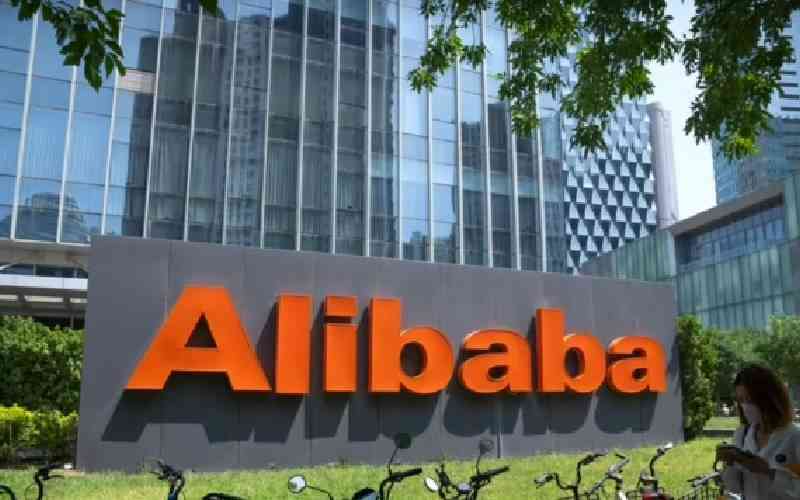
Jack Ma, one of China's most prominent entrepreneurs, returned to China this week after traveling overseas for more than a year, in what is being interpreted as evidence of an improved climate for the nation's private sector.
He paid a visit Monday to the Yungu School, a private academy in Hangzhou funded by Ma's Alibaba Group, which includes one of the world's biggest online commerce companies. There, he talked about "the future of education with the campus directors" and "the challenges and opportunities" that "new technological change brings to education," according to the school's WeChat account.